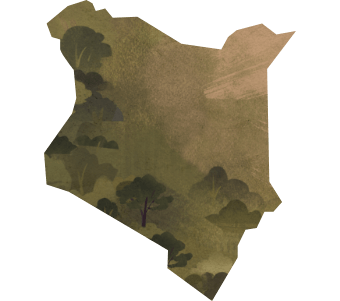Kenya: Help for children and adolescents
The chance of a normal life for children and adolescents living with HIV from poor backgrounds.

Hope for children and adolescents living with HIV
Children and adolescents who are poor and living with HIV receive medical care, education, and counselling on living with the virus. They can interact with other HIV-positive children and adolescents through games and sport, which is empowering and provides hope.
Key facts about the project
-
Aim of the project
To allow HIV positive children and adolescents from poor backgrounds to live a healthy and dignified life.
-
Target groups
450 HIV-positive children/adolescents from poor backgrounds up to the age of 20, and their family members.
-
Milestones
Good mental and physical health for HIV-positive children and adolescents and the provision of ongoing medical care.
-
Methods
Providing medical and psychological support in the form of monthly club meetings and home visits. Funding of education (school uniforms, lunch and vocational training schemes).
Key facts about the project

Kenya

Learning to live with the disease
Many of the children on the programme have low self-esteem and face stigma due to their HIV status combined with living in poverty. The project enables these young people to access medical support, receive counselling on living with HIV, and interact with other sufferers through games and sport.
The 450 vulnerable children and adolescents are closely supervised and supported by social workers through regular home visits. The support from a trusted third party is particularly important for children and young people living with HIV due to the stigma attached to the disease and improves their mental and physical health.
Future prospects through access to education and skills training
Children and young people are empowered through access to schooling and vocational training opportunities. To ensure they can attend school, SolidarMed covers the costs of school uniform, school equipment and meals for particularly vulnerable children. The academic progress of children and young people on the scheme is supervised and monitored. Targeted workshops and additional programmes support young people’s academic and vocational skills development so that later they can stand on their own two feet.
Income opportunities for households
The households of HIV-positive children and adolescents receive financial literacy training and support to develop a source of income in their community.








